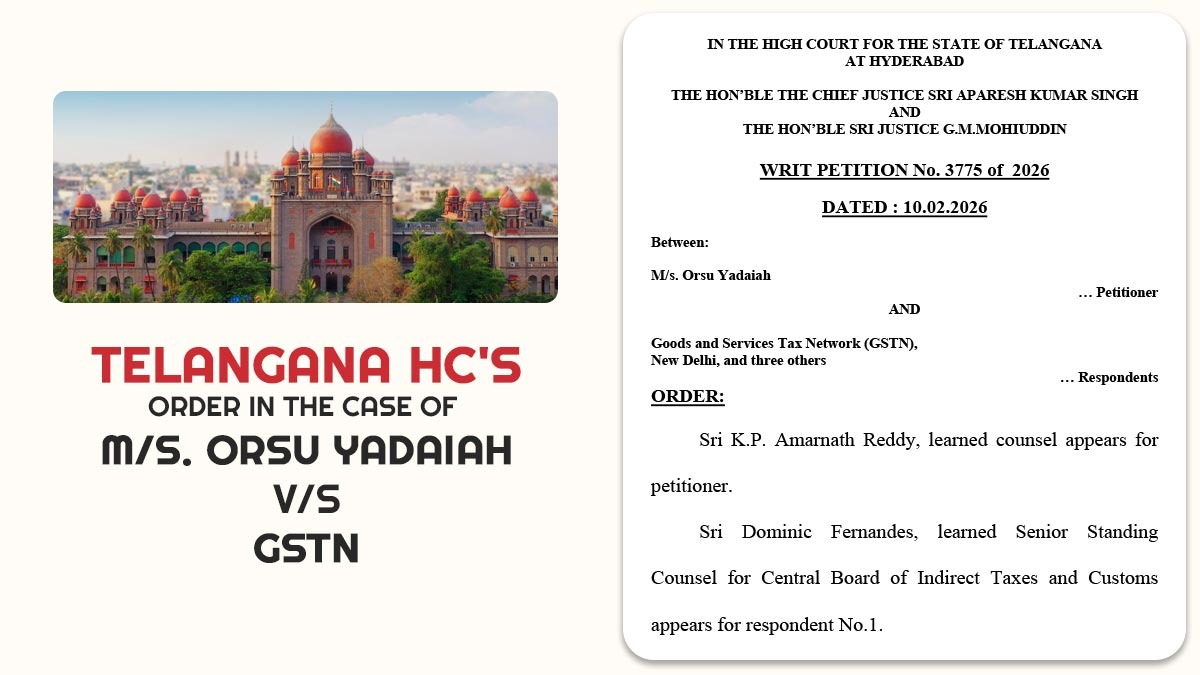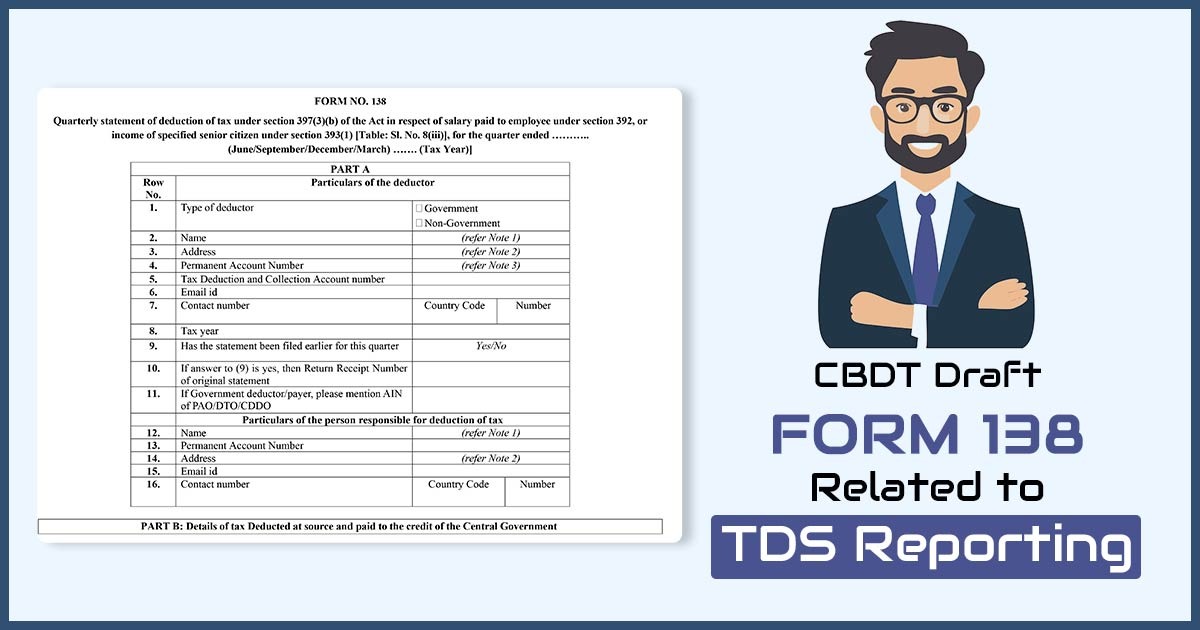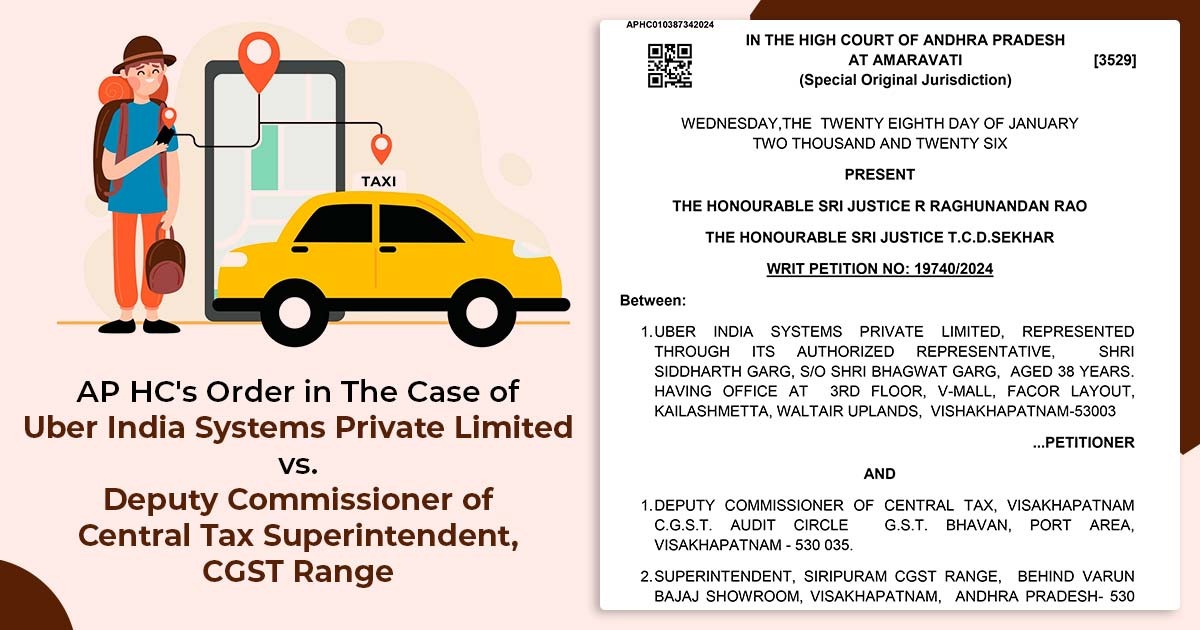
What is Form DPT-3?
DPT-3 form is a mandatory annual filing for most of the companies to furnish information about deposits and outstanding receipt of loan or money other than deposits as well as onetime return of outstanding receipt of money or loan by a company but not considered as deposits, in terms of clause (c) of sub -rule 1 of rule 2 from 1 April, 2014 to 31 March 2019, shall be filed within ninety days from 31 March 2019 along with fee as provided in the Companies (Registration Offices and Fees) Rules, 2014.
According to the latest Ministry of Corporate Affairs (MCA) Amendments, it is mandatory for all companies excluding the banking companies NBFC’s and HFC’s and a company specified by the Central Government under the proviso to sub-section (1) of section 73 of the Act to file a one-time return for the outstanding receipts of money which are loans of the company but are not considered deposits. It is also required to file annually.
Best ROC/MCA Filing Software Free Demo
How Did the Form DPT-3 Come Into Existence?
On 22nd January 2019, the MCA (Ministry of Corporate Affairs) rolled out a new rule in the Companies (Acceptance of Deposits), Rules, 2014 and that new rule is DPT-3 form.
Companies (Acceptance of Deposits) Amendment Rules, 2019
MINISTRY OF CORPORATE AFFAIRS
NOTIFICATION
New Delhi, the 22nd January 2019
G.S.R. 42(E).—In exercise of the powers conferred by clause (31) of section 2 and section 73 read with sub-sections (1) and (2) of section 469 of the Companies Act, 2013 (18 of 2013), the Central Government, in consultation with the Reserve Bank of India, hereby makes the following rules further to amend the Companies (Acceptance of Deposits) Rules, 2014, namely:-
1. (1) These rules may be called the Companies (Acceptance of Deposits) Amendment Rules, 2019.
(2) They shall come into force on the date of their publication in the Official Gazette.
2. In the Companies (Acceptance of Deposits) Rules, 2014 (hereinafter referred to as the said rules), in rule 2, in sub-rule (1), in clause (c), in sub-clause(xviii), after the words “Infrastructure Investment Trusts,” the words “Real Estate Investment Trusts” shall be inserted.
3. In the said rules, in rule 16, the following Explanation shall be inserted, namely:- “Explanation.- It is hereby clarified that Form DPT-3 shall be used for filing return of deposit or particulars of transaction not considered as a deposit or both by every company other than Government company.”.
4. In the said rules, in rule 16(A), after sub-rule (2), the following sub-rule shall be inserted, namely:- “
(3) Every company other than Government company shall file a onetime return of outstanding receipt of money or loan by a company but not considered as deposits, in terms of clause (c) of sub-rule 1 of rule 2 from the 01st April, 2014 to the date of publication of this notification in the Official Gazette, as specified in Form DPT-3 within ninety days from the date of said publication of this notification along with fee as provided in the Companies (Registration Offices and Fees) Rules, 2014.”.
Who has to File The DPT-3 Form?
Except for the Government companies, all other companies, which include all private limited companies, OPC, limited companies or Section 8 Company have to mandatorily file this form.
What is the Last Date (Due Date) to File the DPT-3 Form?
As per the Companies (Acceptance of Deposits) Amendment Rules, 2019, all the companies have to compulsorily file the one-time deposit return in E-form DPT-3 within 90 days from the end of the Financial Year.
Note:
| Purpose of Form | Periodicity | Last Date to File |
|---|---|---|
| Return of Deposit & Particular not considered as Deposit Yearly | Yearly | 30th June 2026 for FY 2025-26 |
Should Form DPT-3 be Filed if there is no Outstanding Loan?
No, the DPT-3 not require to be filed if there is no outstanding receipt of money or loan.
Who is Required to File the DPT-3 Form?
- According to rule 16A, DPT-3 must be filed by all the companies who have received money and the loan which is due.
- The DPT-3 form must be filed by all companies, including small, private, non-profit, OPC, etc.
- Both secured and unsecured Loans along with advances for goods and services must be filed in the DPT-3 Form.
- Even if the Holding Company or Subsidiary Company or Associate Company obtains the loan then it also has to file the DPT-3 Form
- If the company has not paid the loan before 1st April 2014 which is still continuing then such loans have to be reported to the ROC under the DPT-3 Form.
Who is not Required to File the DPT-3 Form?
- Banking Company
- Non-Banking Financial Company (NBFCs) registered with RBI
- Housing Finance Company (HFCs) are registered with the National Housing Bank
- Government Company
- If the company does not have any loans till 22nd January 2019, then the filing of the DPT-3 form is not required.
- If the company takes a loan after 1 April 2019 or pays it before 22nd January 2019, and there is no record of an outstanding loa,n then the company does not have to file the DPT-3 Form.
Given below is a table of the Effects of the Amendment to understand it clearly.
| Relevant Amendment | Applicable to | Type of Return | Due Date |
|---|---|---|---|
| Every company excluding the Government Company | Explanation to Rule 16 | Return of deposit or particulars of the transactions not treated as a deposit or both | On or before 30th June of the previous year. |
| Insertion of rule 16A (3) | Explanation of Rule 16 | One-time return of outstanding receipt of money or dept by a company which is not treated as deposits as per rule 2 (1) (c) | On or before 30th May. |
Process to Filing Form DPT-3
- Go to the MCA V3 Portal and log in by using your registered user ID ⏩ MCA Services ⏩ Company e-filing ⏩ Foreign Company, Deposits, Nidhi Company ⏩ Form DPT-3 Return of Deposits.
- Fill CIN of the company, purpose of the form, object of the company and other information’s such as net worth details, deposits related details of loan and Particulars of receipt of money or loan by a company but not considered as deposits, at the end of financial year, in terms of clause (c) of sub-rule 1 of rule 2 of the Companies (Acceptance of Deposits) Rules, 2014.
- User needs to attach the necessary attachment, if required, once you have completed the form, submit the form, affix DSC, and pay the required fee.
Documents required for DPT-3 Form
- Auditor’s Certificate Certifying the Audited Financial Statement.
- Copy of Trust Deed
- Copy of instrument creating Charge
- List of depositors, their details and the amount of deposit
DPT-3 Due Date and Late Fees
| Duration of Delay | Late Fees |
| Up to 30 Days | Two Times the normal fees |
| 30 to 60 Days | Four Times the normal fees |
| 60 to 90 Days | Six Times the normal fees |
| 90 to 180 Days | Ten Times the normal fees |
| Above 180 Days | Twelve Times the Normal Fee |
Punishment of Non-filing of DPT-3
If a company or any of its officers breaks the rules, they can face a fine of up to 5000 rupees. If the violation continues, they could be charged an additional fine of 500 rupees for each day it goes on after the first day.
Conclusion: DPT-3 form is an Annual Compliance requirement as per Rule 16 A of the Companies (Acceptance of deposits) Rules, 2014, read with Section 73 of the Companies Act 2013. This form required mandatory annual disclosures of Particulars of receipt of money or loan by a company but not considered as deposits, at the end of the financial year, in terms of clause (c) of sub-rule 1 of rule 2 of the Companies (Acceptance of Deposits) Rules, 2014.










Hi Sir,
If a foreign branch receives a loan, it is required to report it in DPT-3.
Or
any exemption or clarification on loans received by foreign branches for reporting of DPT-3
Hi,
If a company follows calendar year, will it have to file DPT-3 by June end with the financials as on 31st March ? Please clarify.
Thanks.
Whether DPT- is also applicable for LLP’s???
DPT-3 form is required to be filed by the company and not by LLP, kindly contact any practising CA, CS for further information
Companies having loan outstanding only not having any deposit only one-time return is sufficient, every year need not be filed even though it has loan outstanding. Am I correct
I have the same question as Mr. Nagaraja B, could any expert throw some light on this.
If the interest outstanding is to be reported along with the outstanding bank borrowings.
The Company incorporated on Oct 2018, there is an unsecured loan from directors as on 31.03.2019. Whether we need to file both onetime returns as well as an annual return? or only annual return for 2018-19 is sufficient?
Hi,
The article says DPT-3 will not be required if the company does not have any outstanding loan. Can you give a pointer or rule which clarifies this? The MCA circular does not seem to throw any light on this.
Best…
Please check rules 16 and 16A of the Companies (Acceptance of Deposits) Rules 2014.